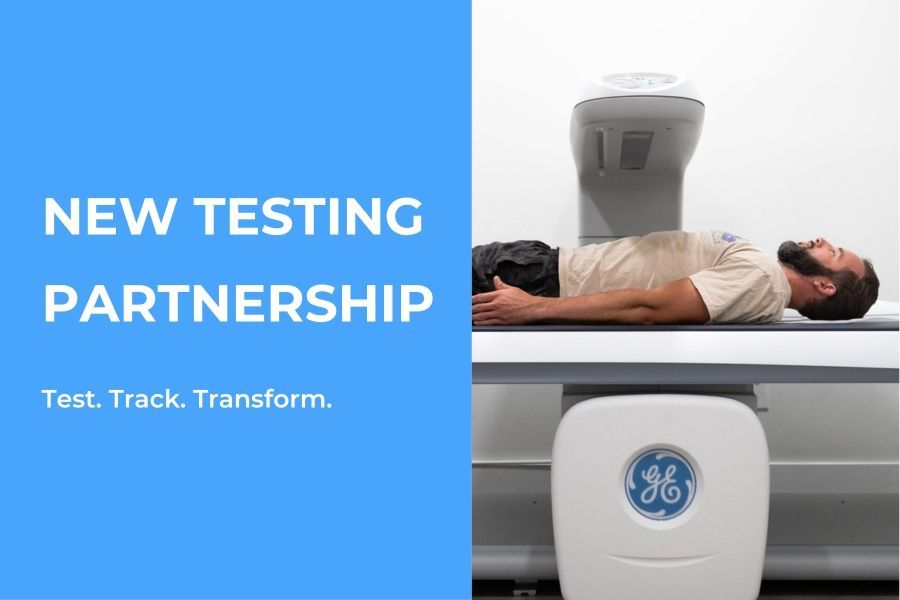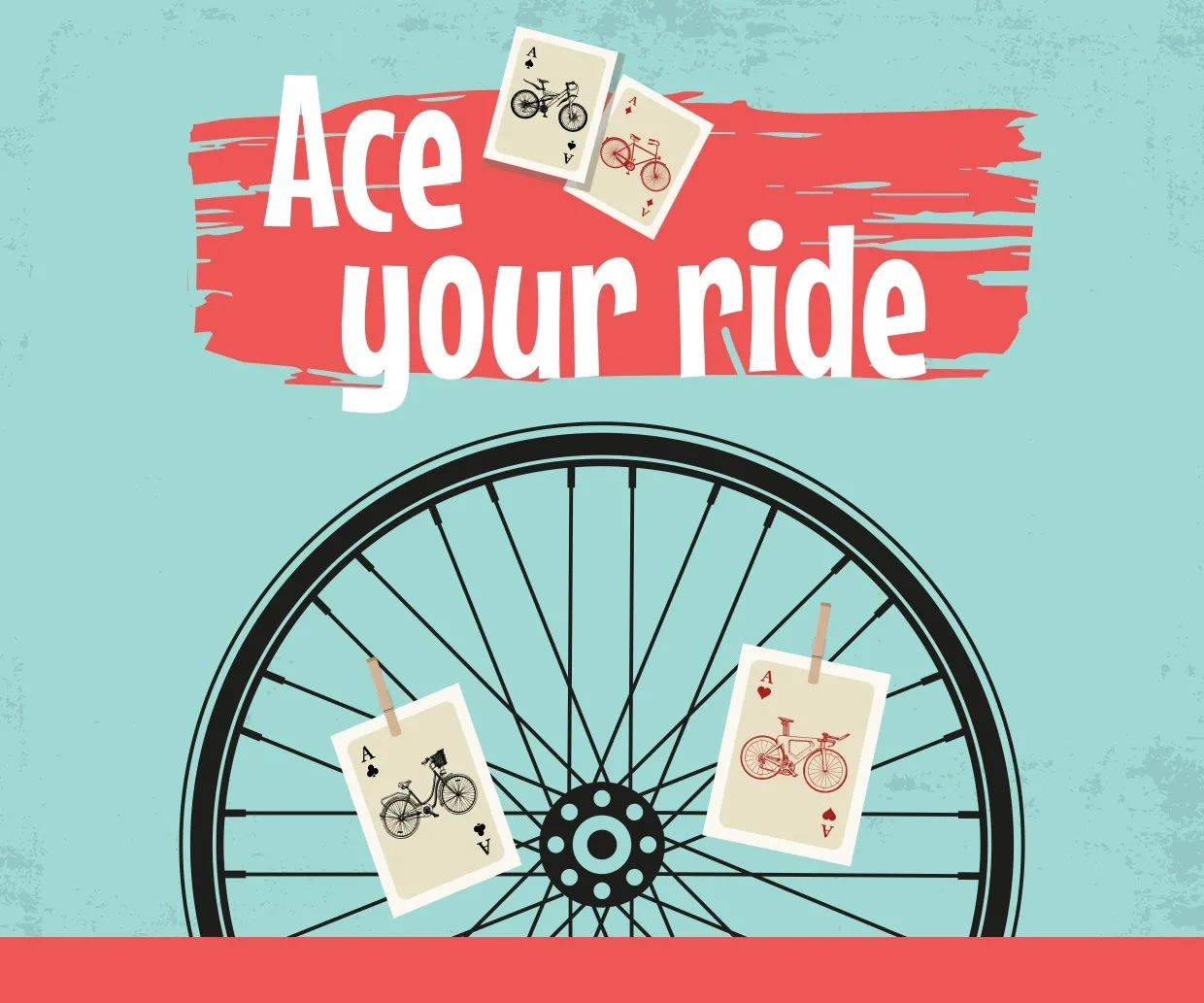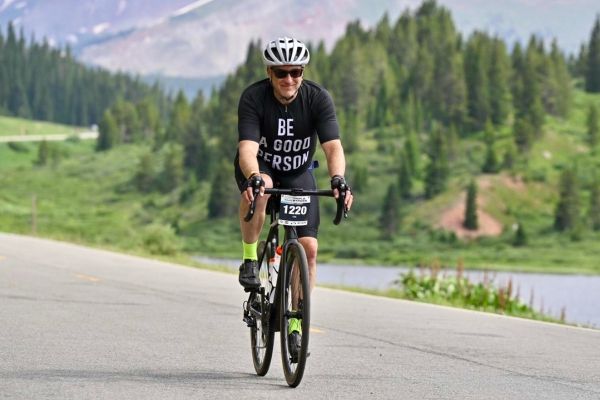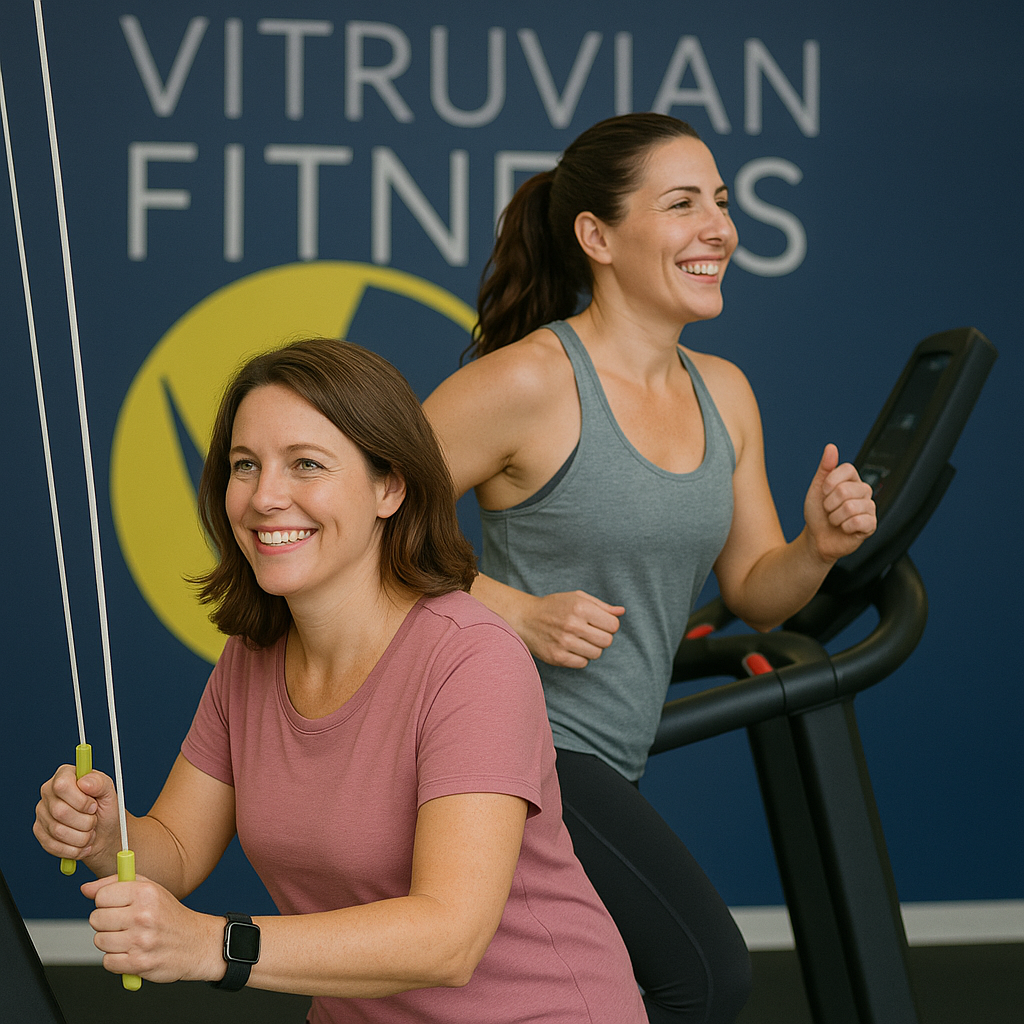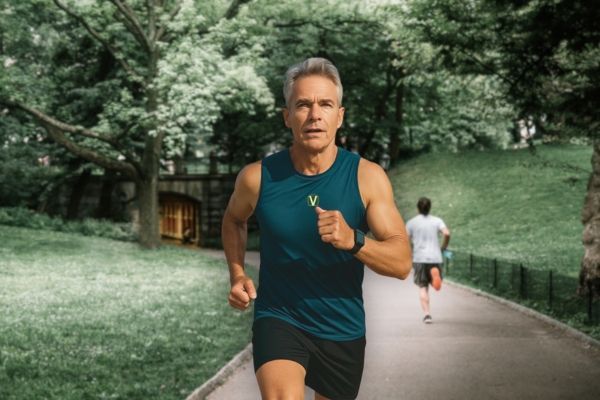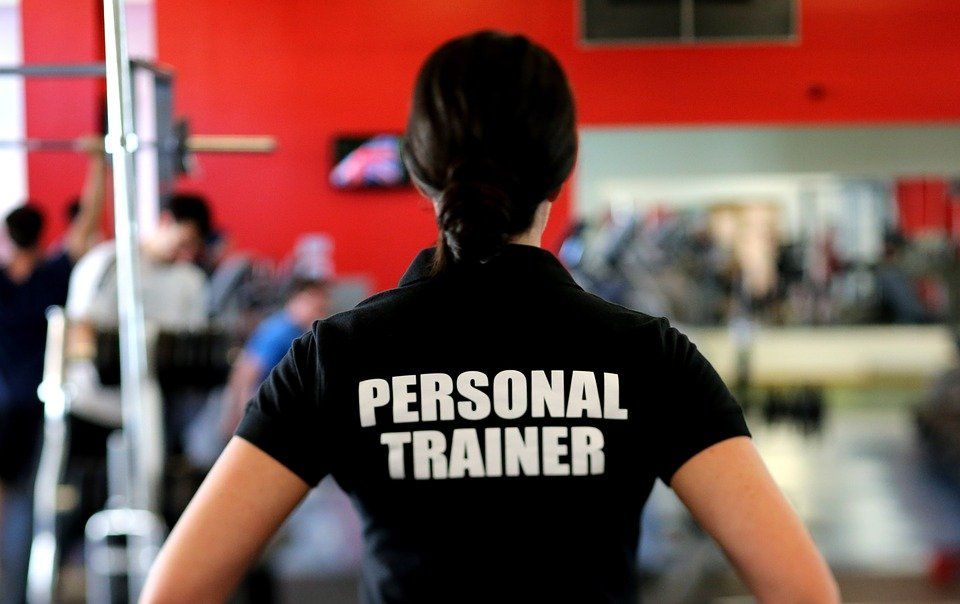5 Things To Know Before Hiring a Personal Trainer
Having goals like losing 30lbs or riding your first century race in less than 5 ½ hours are great achievements for which to aim. They give you something to reach for and provide you a “finish line” for your training.
More importantly, however, is the change that takes place in you while you’re working to achieve your goals. Checking off items on a list is great, but recognizing the physical, emotional, and mental growth you experience is infinitely more valuable because those changes will last you a lifetime.
Know where you’re starting from
The journey of a thousand miles begins with the first step. If you want to run an obstacle course race, squat more than your bodyweight, or compete in a triathlon, but you can’t touch your toes or hold a plank for 15 seconds, you need some intermediate goals. Recognize your starting point and make benchmark goals along the way to whatever your end goal is. Setting intermediate goals gives you more opportunities to celebrate success, which in turn will keep you motivated. It’s a win-win!
Be coachable
If you’re going to hire a personal trainer, you need to be open to hearing what needs to be done and how it needs to be done. Hiring a trainer means you know you need help in one way or another. Chances are, the trainer will change a lot of your current routine. Keep an open mind; after all, they’re the experts and will know what’s best for you in order for you to reach your goals.
Be prepared for referrals
A good personal trainer will recognize when serious movements or health issues aren’t within her scope of practice. You might need to see a licensed medical practitioner (like a doctor, orthopedist, or physical therapist) before you can begin a new fitness regimen. Or, scheduling a recurring physical therapy appointment may help your journey as you work with your personal trainer. Bear in mind that starting a new program may reveal a pre-existing condition you were unaware of. After all, you won’t know that your car has a dead battery if it’s just been sitting in the garage for the past 12 months.
Put in the work
If you’re hiring a personal trainer, be prepared for working hard. They’ll give you the best programming they can, but it’s up to you to bring the effort. Work hard and stay consistent. You’ll be working out 2-5 times per week for months or years to come, establishing new goals as you conquer old ones, and building a mentally and physically stronger version of yourself. Consistency beats intensity every time, so stay dedicated.
Now that you know how to prepare for hiring a personal trainer, you need to find one that will work best for you and your goals. Vitruvian Fitness starts each personal training journey with a Functional Movement Screen™ to identify your areas for growth. Our experts will move you through progressions and help you tackle whatever challenges you face. To take the first step in your journey toward better health and wellness, contact us today.
Photo courtesy of Pixabay under Creative Commons Zero License
You might also enjoy these posts . . .
